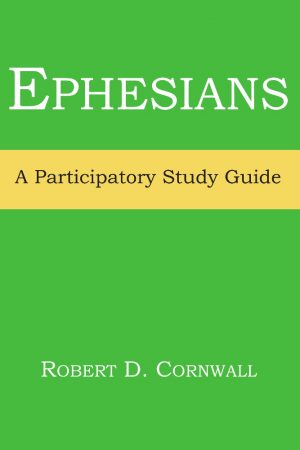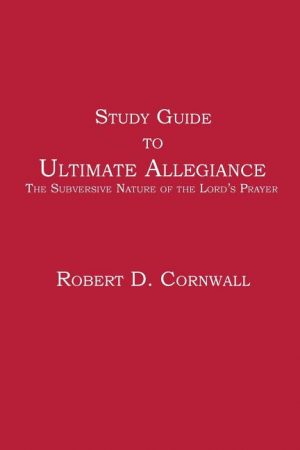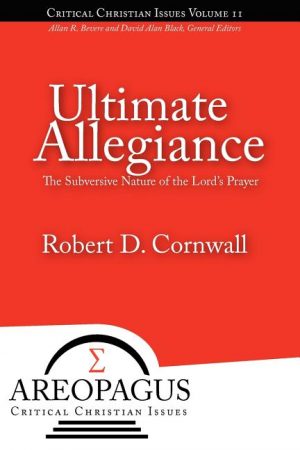Book Extract: Forgive as We Are Forgiven
The following is an extract from pages 34-35 of Ultimate Allegiance: The Subversive Nature of the Lord’s Prayer by Robert D. Cornwall. It is posted here as background for the ongoing discussion on the law in scripture.
To start with Luke, the Greek word used here is hamartia. This is, in contrast to Matthew’s usage, theological language. It speaks of falling short of God’s expectations or breaking divine laws. When we think of sins, we think of our relationship with God and the ways in which we break God’s laws. But if God is forgiving us our sins, as we forgive those who sin against us – how would another person sin against us? Could it be words spoken in anger? Slurs against the character of another? Gossip? Perhaps, our understanding of Jesus’ usage here is illuminated by looking to the words of an earlier teacher, the Wisdom of Sirach:
Forgive your neighbor the wrong he has done, and then your sins will be pardoned when you pray.
Sirach 28:2
Although the words of Sirach seem more conditional than do those of Jesus, both suggest that our own condition is related to how we deal with the other. Once again, we hear the communal nature of this prayer, which subverts our sense of self-sufficiency or, at the very least, the individualism of our spiritual experiences of God (Culpepper, “The Gospel of Luke,” 9:235).
Matthew’s use of the word debts (opheilemata – Greek), suggests economic implications or perhaps questions of loyalty. It could be said that, at least in regard to God, we stand indebted to God for all that we are and all that we have as human beings. This would include our own identity, which comes to us as a gift of God. If this is true, then we owe God our loyalty, our gratitude, our very lives. But how do we forgive the debts owed to us? In thinking about this question, the situation in Haiti seems illustrative.
Here is a nation that has lived in deep poverty from the day of its birth. Then a natural disaster, in the form of a massive earthquake, added to the nation’s already overwhelming misery. Even as people
from around the world, including thousands of church people, contributed to its relief, questions were raised as to how a country could find itself in such dire straits. Reading the history of Haiti, one discovers that the nation had mortgaged its future simply to break free from French rule. Over time, due in part to embargoes and poor leadership, the nation’s debts continued to grow. As a result, it had to give away even more of its natural resources in order to pay this accumulating debt. At this point in time, it would
seem that the only way for this country to break free of its misery is for the debt-holding nations to follow the injunction of this prayer and forgive its debt. To forgive a debt is to set another free.
One need not go to Haiti to find examples close to home. As I write this, the United States (along with much of the world) is facing a severe financial crisis. There are untold numbers of people, good law-abiding and honest people, who find themselves no longer able to pay their mortgages or owing far more on their mortgage than their homes are now worth. As a result, many are simply walking away from their homes, leaving the homes and their investments in the hands of the banks. The issue of debt has significant implications for people of faith. If we have been forgiven our debts by a gracious God, how should we handle the debts of those who are indebted to us?
-
 EphesiansPrice range: $8.44 through $12.99
EphesiansPrice range: $8.44 through $12.99 -
 Study Guide to Ultimate AllegiancePrice range: $3.24 through $4.99
Study Guide to Ultimate AllegiancePrice range: $3.24 through $4.99 -
 Ultimate AllegiancePrice range: $7.79 through $11.99
Ultimate AllegiancePrice range: $7.79 through $11.99









